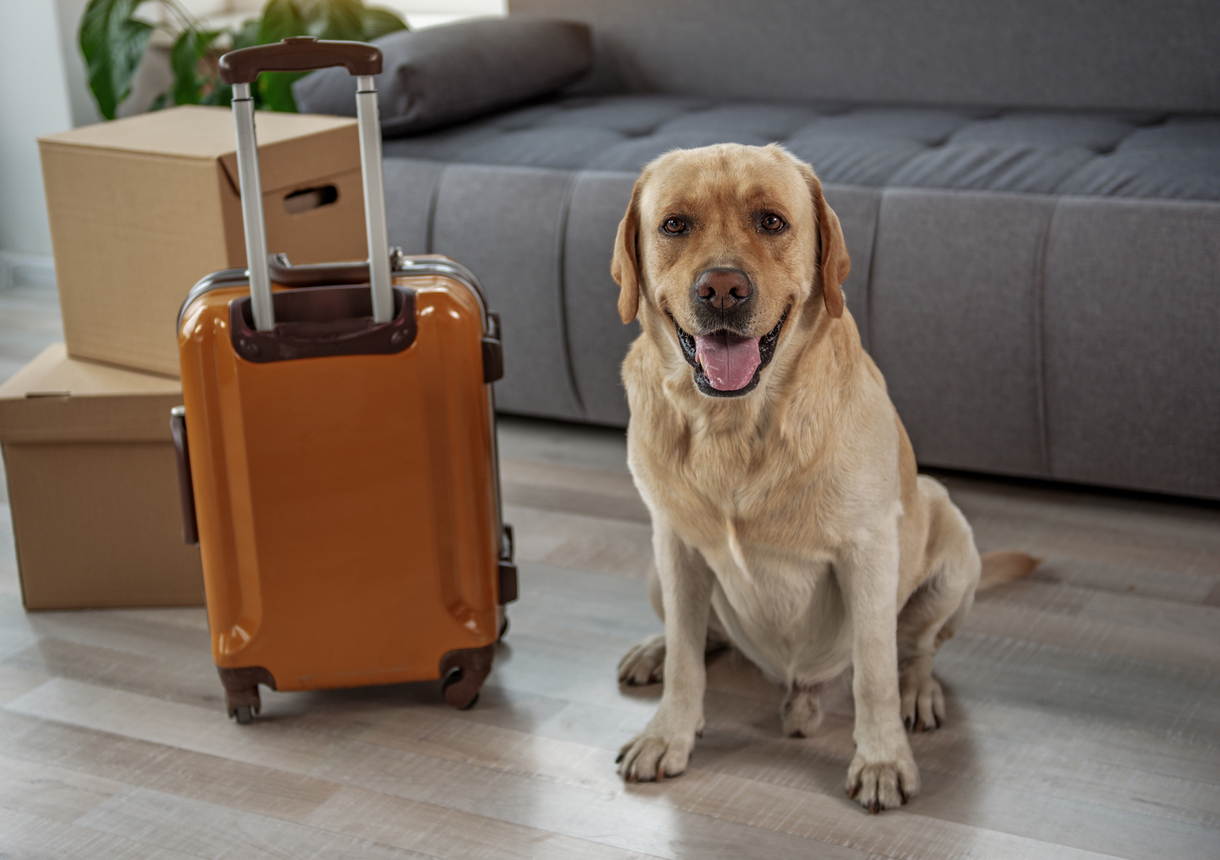Moving with Pets: Tips and Tricks
As a pet owner, you understand the deep love and connection you have with your animal companions. So, when it comes to moving day, it’s important not to forget about these important members of your family. Moving can be a major disruption for pets, who thrive on routine and familiarity. To ensure a smooth transition for your furry or feathered friends, it’s essential to have a well-thought-out plan in place.
1. Update Your Pet’s Information
Before the move, make sure your pet’s identification tags are up to date with your current address and phone number. This is especially important if your pet gets lost during the move.
2. Familiarize Your Pet with Their Carrier
Get your pet comfortable with their carrier before the move. Place their bed and toys inside the carrier, and let them explore it on their own. This will help reduce their stress during the move.
3. Keep Your Pet Safe During the Move
On moving day, keep your pet in a safe, quiet place, away from the chaos of the move. Consider hiring a pet sitter or taking them to a kennel, so they are not exposed to the noise and stress of the move.
4. Plan for Feeding and Potty Breaks
When moving with pets, it’s important to plan for their feeding and potty breaks. Pack their food, water, and other supplies in a separate, easily accessible box. If you’re driving to your new home, make sure to stop for regular breaks.
5. Make Your New Home Pet-Friendly
Before your pet arrives in your new home, make sure it’s ready for them. Ensure that all windows and doors are secure, and create a safe, comfortable space for them to settle into.
6. Gradually Introduce Your Pet to Their New Home
When your pet arrives in your new home, take things slow. Let them explore their new surroundings at their own pace, and provide them with plenty of love and affection. Gradually introduce them to the new environment, and be patient as they adjust.
Relocating with Different Types of Pets: A Guide
Moving can be a stressful experience, not only for you, but for your beloved pets as well. To help make the transition as seamless and stress-free as possible, we’ve put together a guide for moving with different types of pets.
Fish:
When it comes to moving with fish, it’s important to plan carefully as the stress can be fatal for them. If you only have a few fish, you can transport them in plastic bags filled halfway with water and air. For a larger number of fish, use 5-10 gallon plastic containers. Consider bringing along portable aerators if your move will take multiple days.
Guinea Pigs, Hamsters, Mice:
During the move, keep your small pets in their familiar cages or containers. Make sure the cages are secured in your vehicle to prevent any accidents. Covering the cages can help reduce stimulation and regulate temperature.
Birds:
Birds can become very anxious during a move, so it’s important to keep them in their cage for their safety. Cover the cage to block out any drafts and regulate temperature, and provide plenty of water, a place to perch, and their favorite snack to keep them comfortable. If you’re moving to a new state, check the regulations and laws regarding bird ownership and make sure you have all the necessary health certificates and tests.
Reptiles:
Reptiles need a moist environment but not one that’s too wet. To achieve this, place a damp cloth in their container. Snakes should be moved in an insulated container with plenty of air holes, and for venomous snakes, double up with a second container or a box inside a wooden crate. Turtles are relatively easy to move and can even be overnight expressed mailed, but check with the Mid-Atlantic Turtle and Tortoise Society for instructions. Regardless of the species of reptile, make sure the container is labeled with their name and species, and familiarize yourself with any government regulations.
In conclusion, with a little planning and preparation, you can ensure that your pets are safe and comfortable during the moving process.
Schedule your move today! Call us at 210-650-0382




